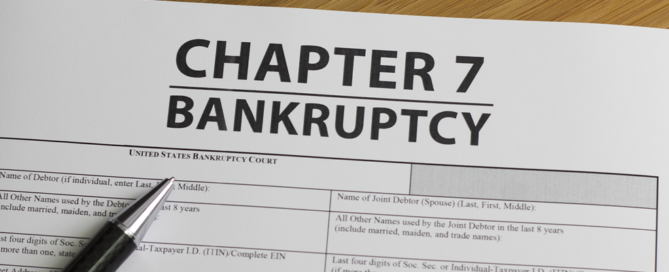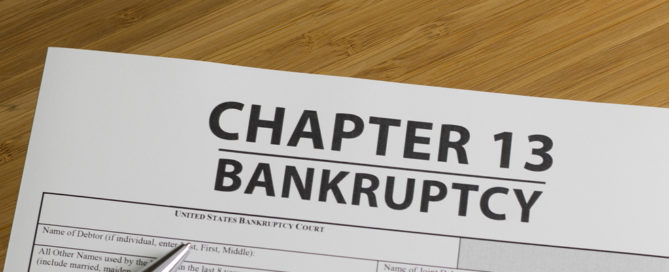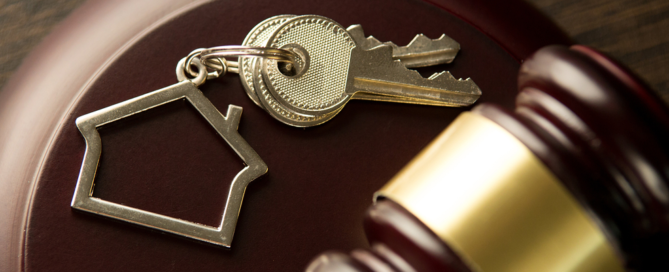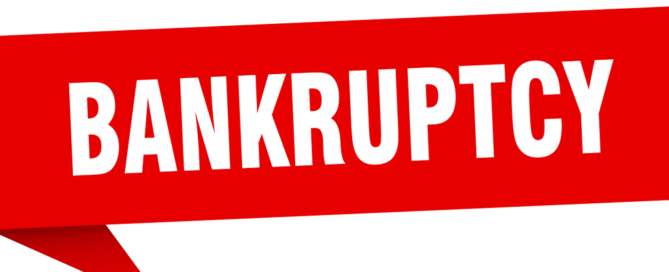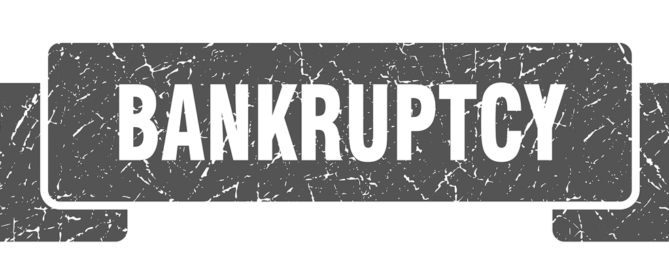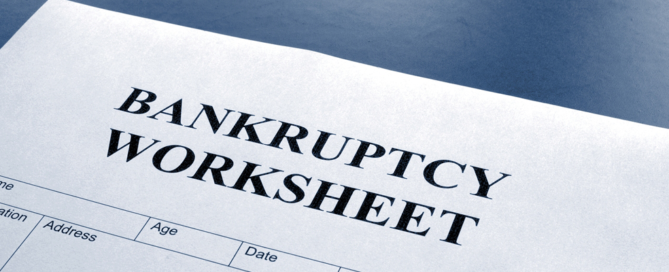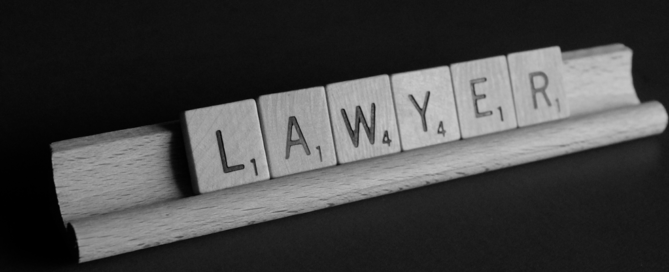Difference Between Chapter 7 and Chapter 13
Call: 888-297-6203 People who can no longer pay their debts are offered help in the form of bankruptcy. They can either settle their debts by liquidating their assets or repaying the creditors through a repayment plan. The former takes place in Chapter 7 bankruptcy cases, while the latter occurs in chapter 13. Dallas based bankruptcy law firm Recovery Law Group says, the chapter of bankruptcy you file under depends on your income, assets, debts and your ultimate financial goal. Chapter 7 bankruptcy This is one of the most common chapters of bankruptcy file in the US. Individuals, married [...]

